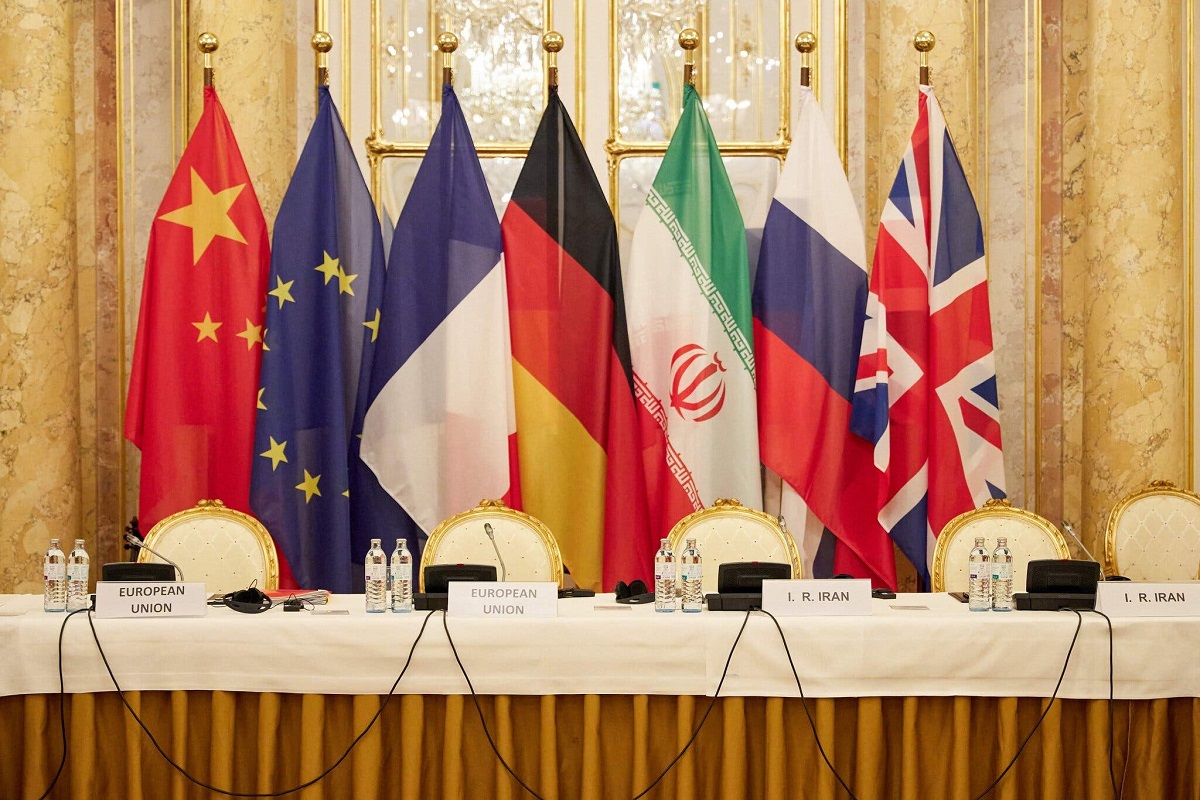Jalal Sadatian, a former Iranian diplomat, told Fararu news website that the JCPOA, signed in 2015 to lift nuclear-related sanctions on Iran in return for limiting its nuclear activities, has shrunk into a “temporary and informal” agreement, whose future is uncertain.
Sadatian noted there are reports that Tehran and Washington are engaged in behind-the-scenes talks to restore the agreement after former American president Donald Trump unilaterally abandoned the deal, but he sounded downbeat that the Biden administration would reveal the results of the talks before the upcoming presidential election in the US in 2024.
The Iranian analyst said the JCPOA, even in its diminished form, has been useful for both sides, citing the small-scale agreements to unfreeze Iranian assets in Iraqi and South Korean banks as evidence.
Sadatian said the regional countries, including Saudi Arabia, would welcome any agreement between Iran and the US as it would lead to regional security.
He also added if Europeans become confident that Iran does not provide Russia with drones, they would also become more encouraged to take more serious steps for the revival of the JCPOA.
